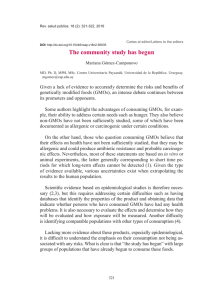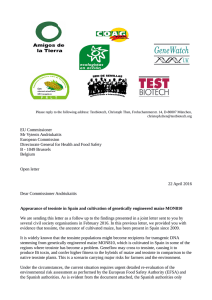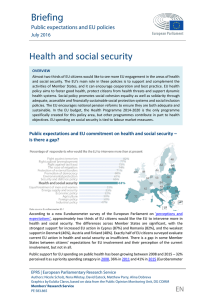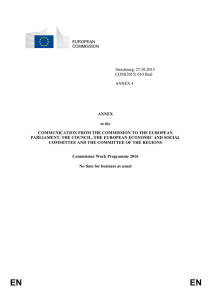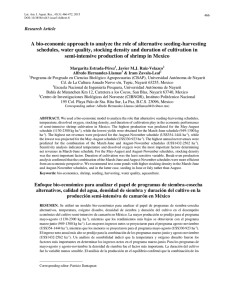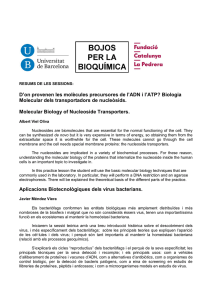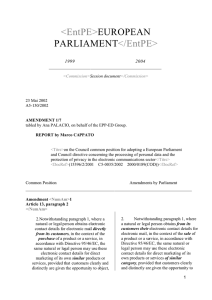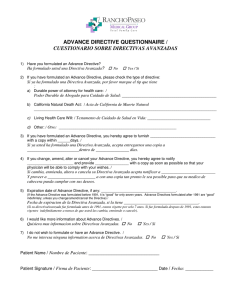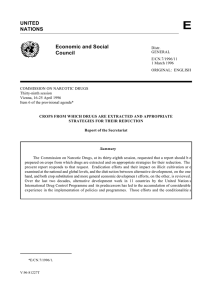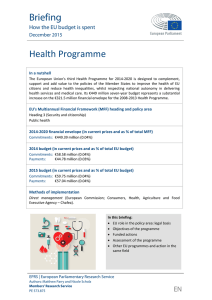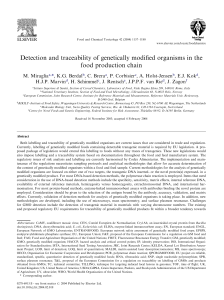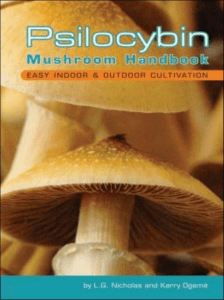Briefing European Parliamentary Research Service
Anuncio
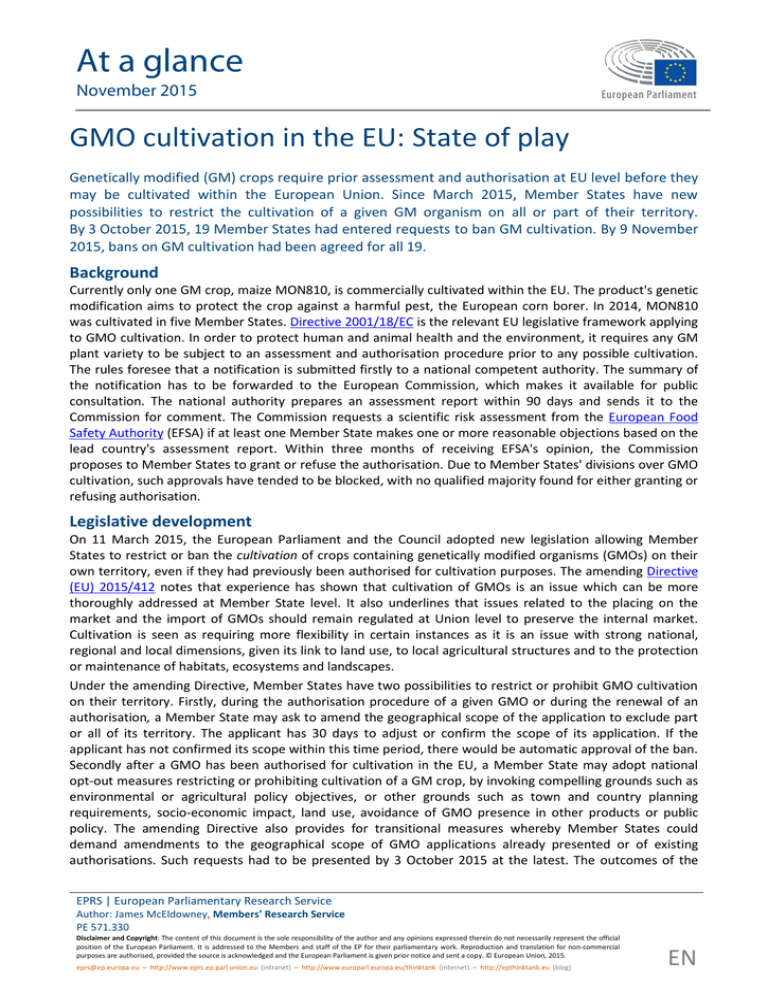
At a glance November 2015 GMO cultivation in the EU: State of play Genetically modified (GM) crops require prior assessment and authorisation at EU level before they may be cultivated within the European Union. Since March 2015, Member States have new possibilities to restrict the cultivation of a given GM organism on all or part of their territory. By 3 October 2015, 19 Member States had entered requests to ban GM cultivation. By 9 November 2015, bans on GM cultivation had been agreed for all 19. Background Currently only one GM crop, maize MON810, is commercially cultivated within the EU. The product's genetic modification aims to protect the crop against a harmful pest, the European corn borer. In 2014, MON810 was cultivated in five Member States. Directive 2001/18/EC is the relevant EU legislative framework applying to GMO cultivation. In order to protect human and animal health and the environment, it requires any GM plant variety to be subject to an assessment and authorisation procedure prior to any possible cultivation. The rules foresee that a notification is submitted firstly to a national competent authority. The summary of the notification has to be forwarded to the European Commission, which makes it available for public consultation. The national authority prepares an assessment report within 90 days and sends it to the Commission for comment. The Commission requests a scientific risk assessment from the European Food Safety Authority (EFSA) if at least one Member State makes one or more reasonable objections based on the lead country's assessment report. Within three months of receiving EFSA's opinion, the Commission proposes to Member States to grant or refuse the authorisation. Due to Member States' divisions over GMO cultivation, such approvals have tended to be blocked, with no qualified majority found for either granting or refusing authorisation. Legislative development On 11 March 2015, the European Parliament and the Council adopted new legislation allowing Member States to restrict or ban the cultivation of crops containing genetically modified organisms (GMOs) on their own territory, even if they had previously been authorised for cultivation purposes. The amending Directive (EU) 2015/412 notes that experience has shown that cultivation of GMOs is an issue which can be more thoroughly addressed at Member State level. It also underlines that issues related to the placing on the market and the import of GMOs should remain regulated at Union level to preserve the internal market. Cultivation is seen as requiring more flexibility in certain instances as it is an issue with strong national, regional and local dimensions, given its link to land use, to local agricultural structures and to the protection or maintenance of habitats, ecosystems and landscapes. Under the amending Directive, Member States have two possibilities to restrict or prohibit GMO cultivation on their territory. Firstly, during the authorisation procedure of a given GMO or during the renewal of an authorisation, a Member State may ask to amend the geographical scope of the application to exclude part or all of its territory. The applicant has 30 days to adjust or confirm the scope of its application. If the applicant has not confirmed its scope within this time period, there would be automatic approval of the ban. Secondly after a GMO has been authorised for cultivation in the EU, a Member State may adopt national opt-out measures restricting or prohibiting cultivation of a GM crop, by invoking compelling grounds such as environmental or agricultural policy objectives, or other grounds such as town and country planning requirements, socio-economic impact, land use, avoidance of GMO presence in other products or public policy. The amending Directive also provides for transitional measures whereby Member States could demand amendments to the geographical scope of GMO applications already presented or of existing authorisations. Such requests had to be presented by 3 October 2015 at the latest. The outcomes of the EPRS | European Parliamentary Research Service Author: James McEldowney, Members' Research Service PE 571.330 Disclaimer and Copyright: The content of this document is the sole responsibility of the author and any opinions expressed therein do not necessarily represent the official position of the European Parliament. It is addressed to the Members and staff of the EP for their parliamentary work. Reproduction and translation for non-commercial purposes are authorised, provided the source is acknowledged and the European Parliament is given prior notice and sent a copy. © European Union, 2015. eprs@ep.europa.eu – http://www.eprs.ep.parl.union.eu (intranet) – http://www.europarl.europa.eu/thinktank (internet) – http://epthinktank.eu (blog) EN EPRS GMO cultivation in the EU demands from Member States for restrictions or bans on the cultivation of GM crops on their territory are made publicly available on the European Commission's website. Approvals granted for 19 Member States to restrict GMO cultivation At the expiry of the transitional period on 5 November 2015, 19 Member States had approved bans on the cultivation of GM crops on all or part of their territory, as indicated in Figure 1 below. All 19 submitted demands both for the existing authorisation and the renewal application of MON810. Demands were also introduced concerning applications for GM cultivation involving seven different GM maize varieties for new authorisation. Denmark and Luxembourg submitted requests with respect to four application files on which EFSA had already provided an opinion. All the approvals granted relate to the entire territories of the countries concerned with the exception of Belgium and the UK. In the case of Belgium, the approved ban for GM cultivation covers only Wallonia. In the UK, a request to prohibit the cultivation of GMOs has been agreed for Northern Ireland, Scotland and Wales. Under the amending Directive's transitional arrangements, if applicants had not responded within the notice period of 30 days, the Member States' bans would be implemented based on the written consent issued under this Directive. In cases where the applicants have confirmed the geographical scope of their initial application, Member States will have to adopt national measures banning GMO cultivation on compelling grounds as set out in the Directive. Since the deadline for receipt of requests, one company has withdrawn its applications for authorisation for the cultivation of two varieties of GM maize. This withdrawal was EU wide. According to press reports, the company concerned cited the lack of profitability in Europe to justify withdrawal of these applications. Currently five applications for authorisation to cultivate are pending within the EU, along with one application for renewal. Figure 1 – State of Play for GMO cultivation in the EU showing: (i) cultivation of one GMO crop, maize MON810 and (ii) Member States with approved bans on GMO cultivation Source: Based on information from European Commission website. Members' Research Service Page 2 of 2
